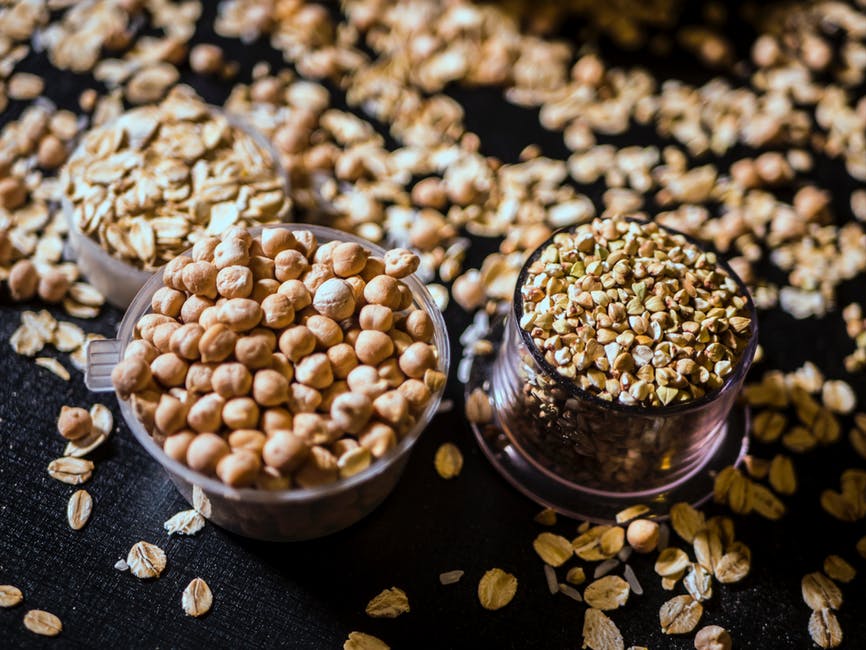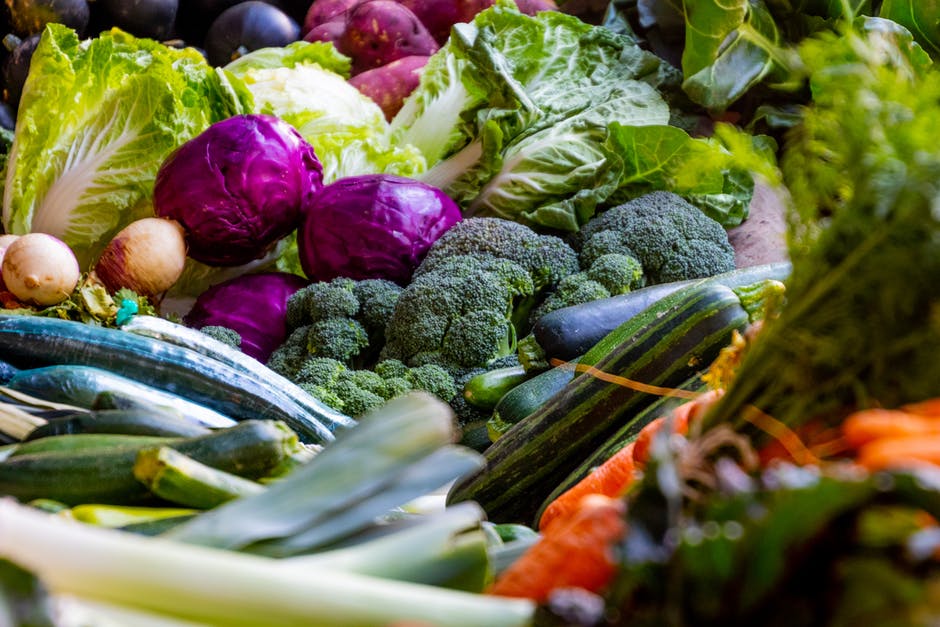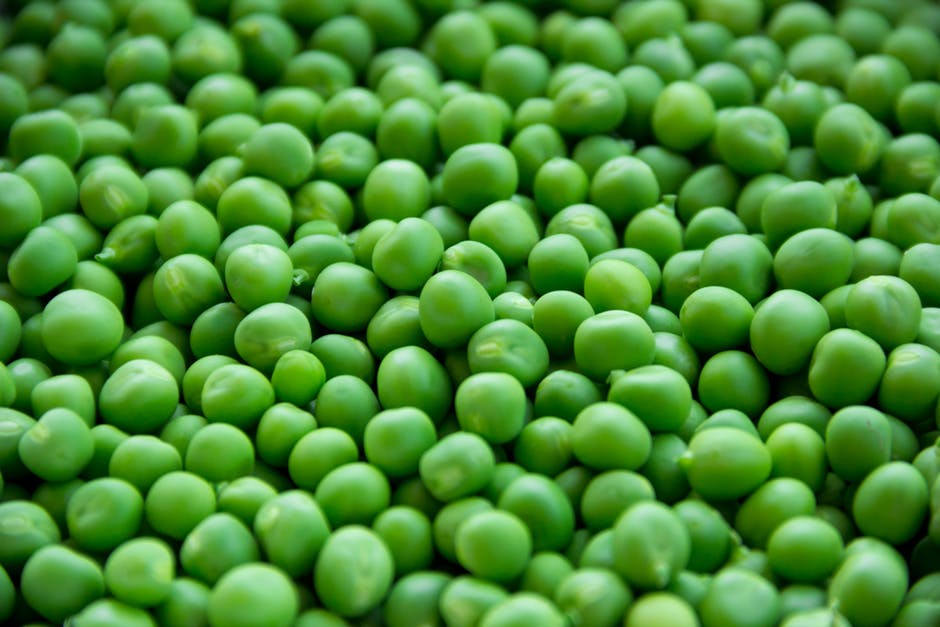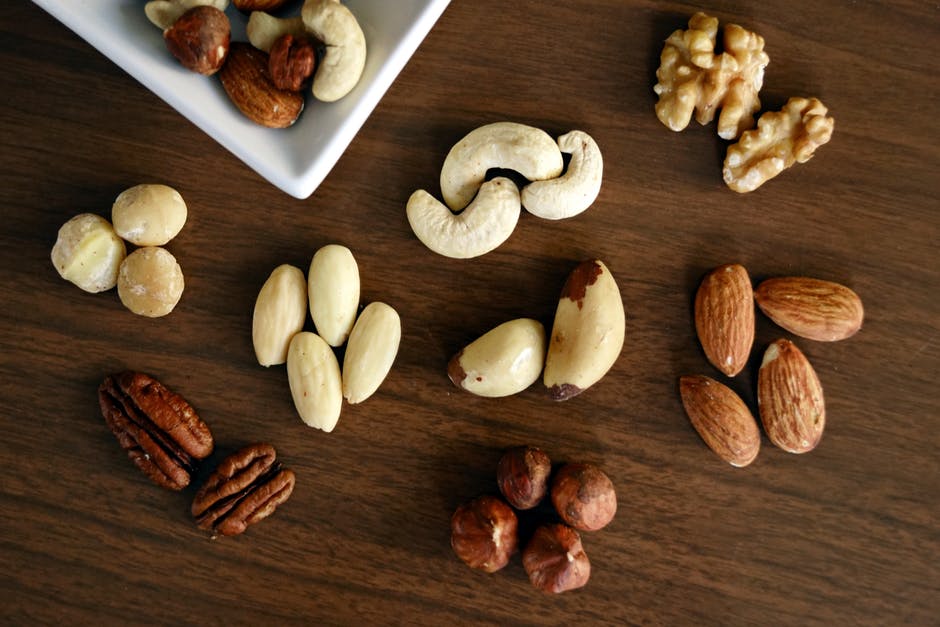Veganism is a food movement that is receiving considerable popularity as of late, especially now that more and more people have begun cutting back on consumption of commercial animal products.
And for a vegan, that includes excluding eggs and dairy intake from their diet in addition to all animal meat. The reason for this diet’s growth in popularity is because of the health benefits it offers, as noted by the American Dietetic Association who stated in 2009 that:
“Appropriately planned vegetarian diets, including total vegetarian or vegan diets, are healthful, nutritionally adequate, and may provide health benefits in the prevention and treatment of certain diseases. Well-planned vegetarian diets are appropriate for individuals during all stages of the life cycle, including pregnancy, lactation, infancy, childhood, and adolescence, and for athletes.”
Many who decide to adopt the vegan diet initially have some trouble figuring out how to best replace the nutrients they used to get from animal products.
After all, the food pyramid must be balanced in terms of the nutritional intake of our body in order to fulfill the body’s requirements and stay strong, healthy, and energetic.
This is why some vegan diet recommendations are provided below to guide you and ensure that you receive the similar proteins and vitamins that you’d otherwise receive from a meat and dairy diet.
Grains

This could range from cold cereal and pasta to unprocessed grains like buckwheat and millet. You can get your iron from a warm bowl of oatmeal and zinc from wheat germ or brown rice. Grains like seitan, amaranth, quinoa, and whole wheat spaghetti are enough to sustain you with the necessary proteins that you require.
Vegetables

Vegetable consumption is considered the cornerstone of a healthy diet. Its production is growing rapidly, conferring to rising demands according to statistical findings. You can eat them raw or make smoothies and soups out of them.
Rhubarb starks, collard greens, spinach, broccoli are abundant with calcium. Spinach, Swiss chard and collard greens offer you sufficient iron.
Nori and Dulse seaweed are the best forms of iodine your body can absorb. It is highly recommended you remain consistent in your vegetation intake.
Fruit

Fruits are the best alternative in the vegan diet in terms of sweetness. They are highly recommended for a healthy, vitamin-rich diet as proven by Statista reports.
Fruits come in different shapes and sizes and can be enjoyed as desserts or snacks. But it is wise to reduce fruit juices and get your liquids from the raw fruit itself considering they contain pure nutrition and vitamins without being processed. Navel Oranges are a great source of calcium, while dried figs will provide you with enough iron.
Legumes

Tofu, hummus and bean burgers are some of the delectable snacks that act as an appropriate substitute to the nutrition that you would normally obtain from meat products.
Legumes like calcium fortified soy milk, tofu and white beans offer you significant amounts of calcium. Lentils, beans, and green peas are rich with iron. Lentils and beans also contain zinc and proteins on their own. Pulses are ideal in the protein consumption category according to research.
Nuts and seeds

To gain sufficient calories you will have to have food from this category every single day. Walnuts alone can substitute fats for you in the form of omega-3 acids according to study. You can find enough calcium and Iron in both Almonds and Tahini. Pumpkin seeds are essential for your zinc and protein absorption.
In Conclusion
Once you construct a well-planned vegan diet and incorporate the food options mentioned above, you can provide your body with all the necessary nutrients and avoid deficiencies in your vegan lifestyle.
